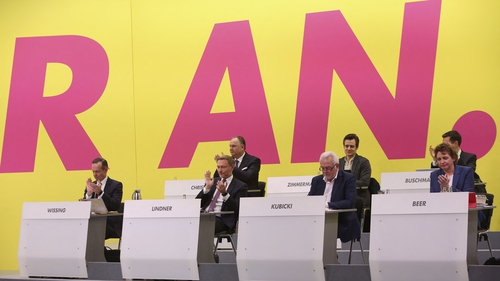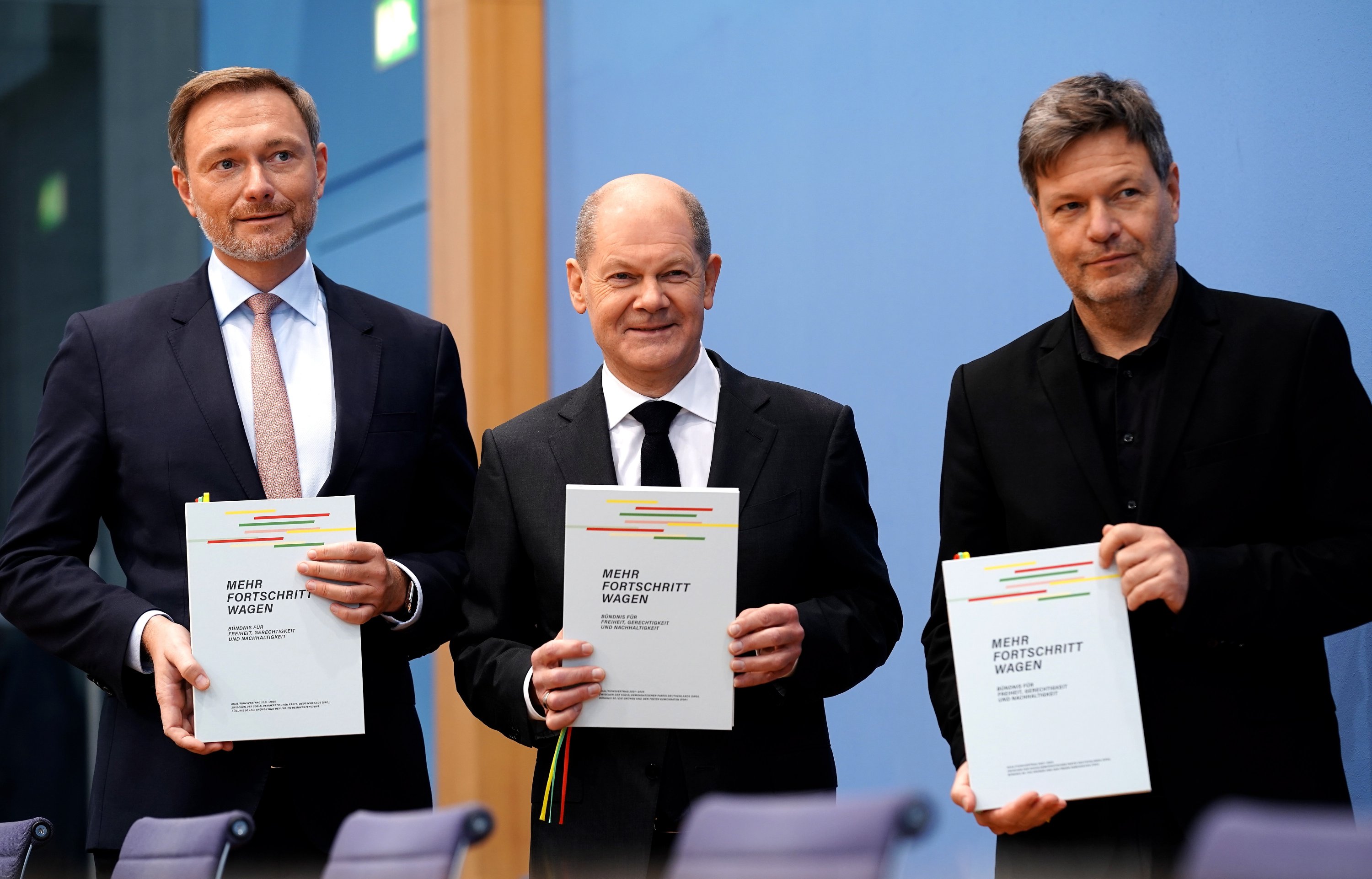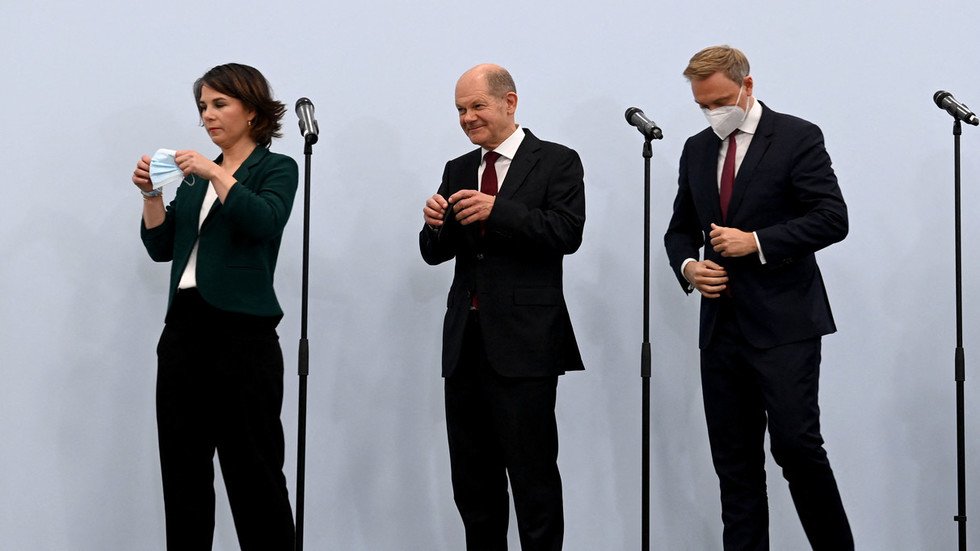FDP’s Shock Exit: Germany’s Coalition Crumbles Over Housing Crisis
Berlin, Germany – Germany’s three-party coalition government has collapsed after the Free Democratic Party (FDP) unexpectedly withdrew its support, citing irreconcilable differences over the government’s handling of the escalating housing crisis. The move plunges Germany into political uncertainty, triggering speculation about snap elections and the potential for a new governing coalition.

The FDP, the junior partner in the coalition alongside the Social Democrats (SPD) and the Greens, announced its withdrawal late Tuesday evening. In a televised address, FDP leader Christian Lindner cited the government’s failure to implement effective measures to address the country’s severe housing shortage as the primary reason for the party’s decision. He accused the SPD and Greens of prioritizing costly and ineffective social programs over market-based solutions.
"The FDP has consistently advocated for market-oriented reforms to increase housing affordability and availability," Lindner stated. "Despite our repeated calls for deregulation and incentives for private sector investment, the coalition partners have prioritized bureaucratic hurdles and social engineering projects that have demonstrably failed to address the core problem."
The crisis stems from a rapidly escalating housing shortage across Germany, particularly in major cities. Rising rents and a lack of affordable housing have become major concerns for voters, impacting public opinion and fueling political tension within the coalition. While the SPD and Greens pushed for increased social housing and rent controls, the FDP argued that these measures stifle investment and exacerbate the problem.
The disagreement reached a breaking point last week during negotiations over a new housing policy package. According to sources close to the negotiations, the FDP rejected a proposed bill that included significant rent controls and substantial funding for social housing projects, deeming it economically unsound and counterproductive. The SPD and Greens, however, insisted that the bill was necessary to address the social consequences of the housing crisis.

The collapse of the coalition leaves Germany facing several potential scenarios. Chancellor Olaf Scholz (SPD) could attempt to form a minority government, though this would likely be unstable and vulnerable to legislative gridlock. Alternatively, snap elections could be called, potentially leading to a significant shift in the political landscape. The possibility of a new coalition government involving different parties also remains a possibility, though forming a stable majority could prove challenging.
Political analysts are divided on the long-term implications of the FDP’s withdrawal. Some suggest that the move reflects a broader dissatisfaction with the coalition’s overall performance and could signal a shift in public sentiment. Others argue that the housing crisis is a highly specific issue and that the collapse doesn’t necessarily reflect a broader loss of public confidence in the government.
The coming days and weeks will be crucial in determining Germany’s political future. The country now faces a period of uncertainty as it grapples with the fallout from the coalition’s collapse and seeks a path forward amidst a deepening housing crisis. Further developments will be reported as they emerge.


